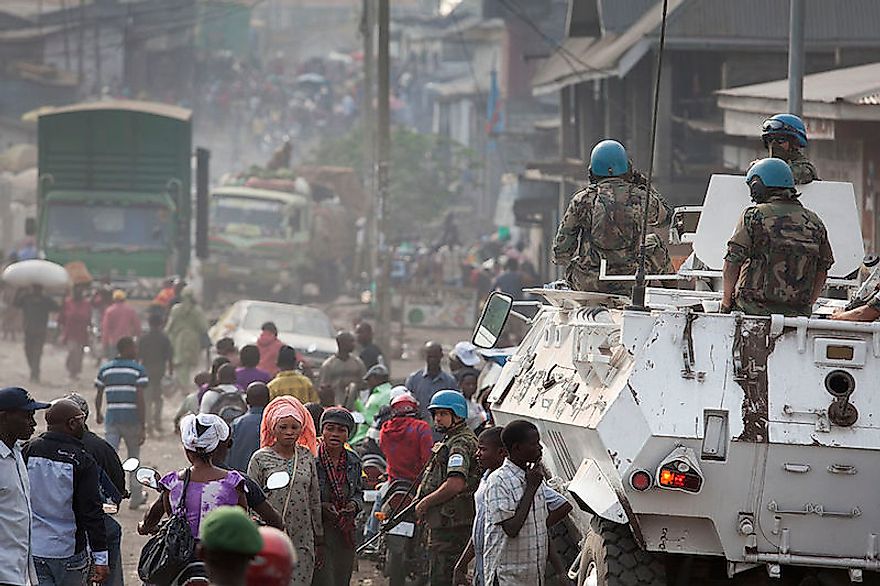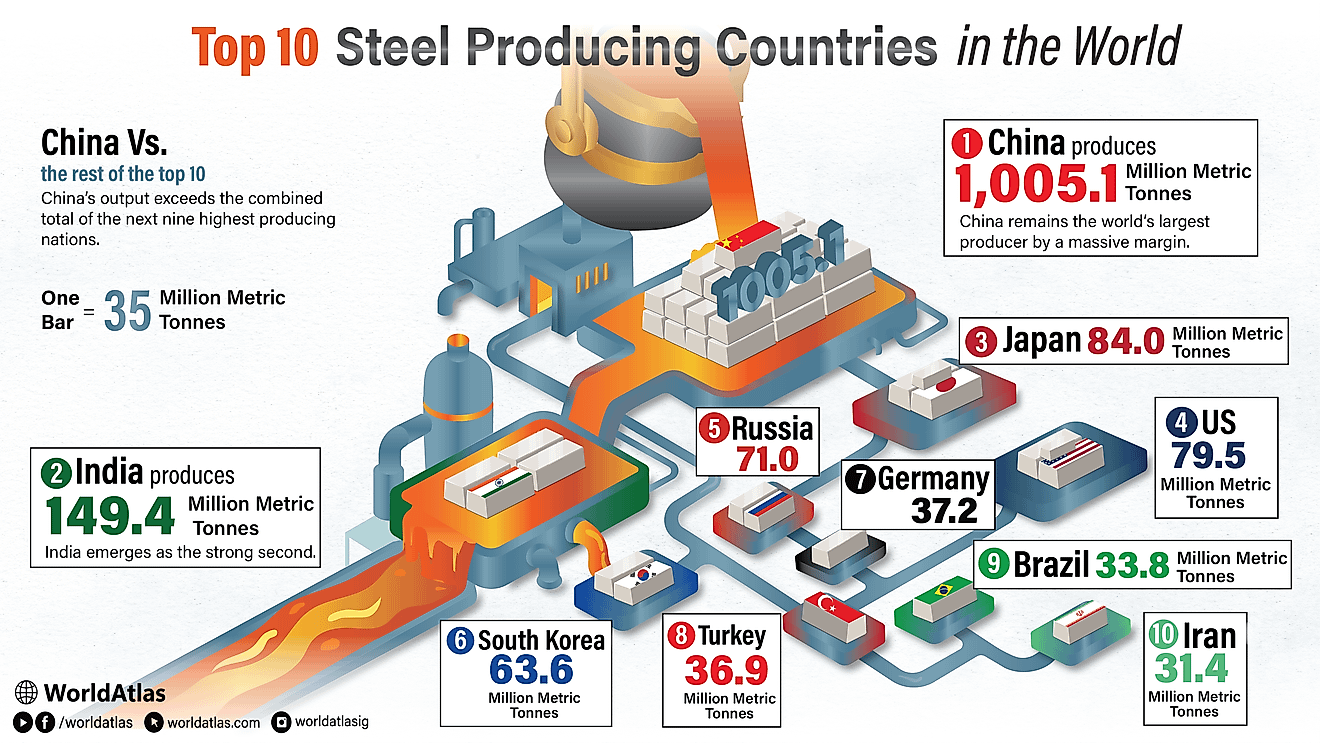Countries Registering The Fewest New Businesses Per Capita

Democratic Republic of the Congo (DRC), Bhutan, India, Guinea, and Japan are five countries that tie for the lowest position of one business created for every 10,000 working residents. Togo and Senegal create 3, Argentina creates 4, El Salvador creates 5, and Saint Lucia creates 6 jobs per every 10,000 working residents in their respective countries.
Japan
Among the first five is a rich country Japan, and it presents an interesting case that is in contrast to the other poor business initiating countries. It is a highly employed economy, with very few unemployed people, and where the unemployment rate is actually falling. Given the fact that it has a shrinking labor force due to its population demography, and the Gross Domestic Product (GDP) growth is negative, the economy in this country has lesser chances to grow and create new businesses. The situation is further promoted by the fact that the entry of immigrants to start new businesses is not highly encouraged in this country.
The Democratic Republic Of Congo
DRC suffers mainly from political and social problems. Many years of civil unrest beginning in 1996 have killed more than 5 million people and has devastated DRC. Political instability, deep-rooted corruption, and a history of centuries of both commercial and colonial extraction and exploitation also cripple development in DRC. Even though it has a lot of natural resources including precious metals, DRC residents are among the poorest in the world. Though literacy is 75.9%, education was disrupted for six years during wars, and only 23% have a secondary education and little access to technology, so the workforce is unskilled. This situation is compounded by gender inequality. The country's fragile security system inhibits investment in the country, and people have less access to capital, with the local financial sector being underdeveloped. Moreover, the property is not protected by legislation, and high taxes discourage investment in businesses.
India
Though a fast growing economy India is plagued by poor infrastructure, corruption, bribery, and excessive rules. Its transport, energy, information and communication technology sectors are insufficient and need to be further developed to allow new businesses to flourish. Decreasing investment and job cuts across sectors are slowing business start-ups in the last two years. However, the government of the country is trying to improve the current situation in an attempt to attract new businesses. A large section of the young crowd of the country is also taking the initiative of entrepreneurship to start new businesses in the country.
Bhutan
Bhutan had cut itself away from the world because it didn't want its culture and monarchy affected by external influences. It was in 1999 that television and Internet were first allowed in Bhutan. The first parliamentary elections were held in late 2007 to early 2008. In 2008, it had a growth rate of 22.4%, one of the fastest growing economies in the world. The industrial sector has just begun to develop, and so most of the trade comes from cottage industry. It has no railways, and road development is executed by employing informal contract labor from neighboring India. Very few of its residents earn enough to pay taxes.
Guinea
Guinea has the most natural mineral resources in Africa, but its people are one of the poorest in the continent. Agriculture is the main sector and provides 80% of the employment and is also responsible for many of its exports. The political situation is not stable, it was ruled by the junta for two years, and had many years of ethnic conflicts. In addition, it has a heavy influx of refugees from neighboring Liberia and Sierra Leone. The business environment is not good, with inefficient and inadequate infrastructure, energy supply and financial system.
Main Causes Of Stagnant Economy
Causes contributing to the low development of businesses vary dramatically, from a saturated economy in Japan to an emerging fledgling industrial sector in Bhutan. However, poor governance resulting in inadequate public spending and inefficient support systems hamper entrepreneurial spirit in most of the countries, with people remaining employed in the informal sector.
Countries Registering The Fewest New Businesses Per Capita
| Rank | Country | New Business Registration per 1,000 Working Age Residents per Year |
|---|---|---|
| 1 | Democratic Republic of the Congo | 0.1 |
| 2 | Bhutan | 0.1 |
| 3 | India | 0.1 |
| 4 | Guinea | 0.1 |
| 5 | Japan | 0.1 |
| 6 | Togo | 0.3 |
| 7 | Senegal | 0.3 |
| 8 | Argentina | 0.4 |
| 9 | El Salvador | 0.5 |
| 10 | Saint Lucia | 0.6 |











